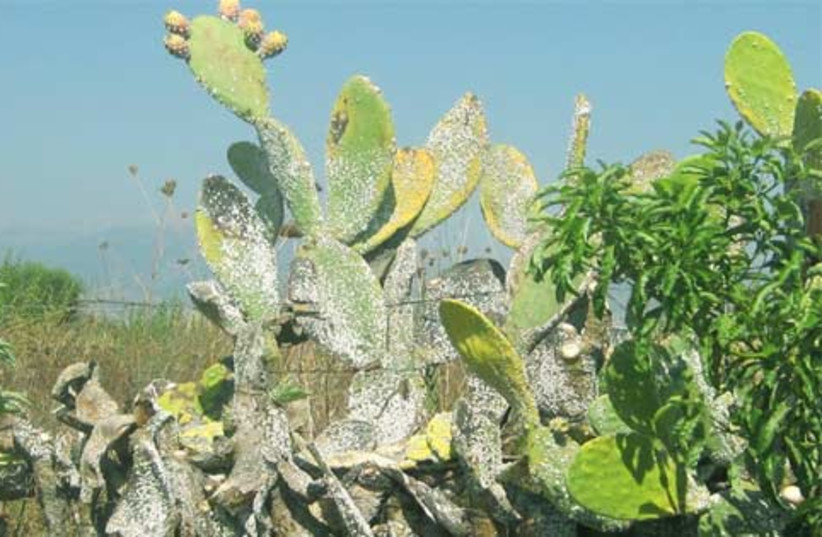If you were looking for another excuse to justify a Netflix binge, this could be it — watching nature documentaries promotes plant awareness which could lead to conservation strategies urgently needed to protect our future, new research finds.
The study, published Thursday in the peer-reviewed journal Annals of Botany, investigated whether the plant-focused popular BBC documentary Green Planet stimulated audience engagement about plant life after viewing. Researchers noted the necessity of the study due to increasing "plant blindness," a tendency to ignore plant life and the concerning statistic that some 40% of plant species are under threat of extinction.
While humans are generally concerned with endangered animals, threats to plants are harder to recognize and address. In the United States, for example, the study notes that plants receive less than 4% of federal funding for endangered species, despite comprising 57% of the endangered species list.

Investigators noted that in the past several natural history productions, including Planet Earth II, Blue Planet II, Seven Worlds, and One Planet, made viewers much more aware of the animals on the shows. While scientists cannot draw a clear link between such TV shows and conservation efforts, they theorize that nature documentaries provide a direct way to reach mass audiences and engage them.
The paper's lead author Joanna Kacprzyk said that increasing public awareness of plants is "essential and fascinating."
These plants could be used for promoting plant conservation efforts and counteracting the alarming loss of plant biodiversity.“
Joanna Kacprzyk
“In this study, we show that nature documentaries can increase plant awareness among the audience," Kacprzyk said. "Our results also suggest that the viewers found certain plant species particularly captivating. These plants could be used for promoting plant conservation efforts and counteracting the alarming loss of plant biodiversity.“
Green Planet, viewed by nearly 5 million people in the United Kingdom, featured a diversity of plant species, highlighting vegetation from tropical rainforests, aquatic environments, seasonal lands, deserts, and urban spaces. The program also addressed environmental concerns directly, examining the dangers of invasive monocultures and deforestation.
Did interest in planets increase after watching Green Planet?
The researchers measured whether Green Planet sparked interest in the plants by exploring people’s online behavior around the time of the broadcast. First, they noted the species that appeared on the show and for how long each one appeared on-screen. Then they investigated Google Trends and Wikipedia page hits for those same species before and after the episodes of the documentary aired.
The team found that people were more likely to do online searches for plants that had more screen time on Green Planet. Furthermore, some 28.1% of search terms representing plants mentioned in the BBC documentary had peak popularity in the UK, measured using Google Trends, the week after the broadcast of the applicable episode.
Wikipedia data showed a similar trend. Almost a third (31.3%) of the Wikipedia pages related to plants mentioned in Green Planet showed increased visits the week after the broadcast.
The Environment and Climate Change portal is produced in cooperation with the Goldman Sonnenfeldt School of Sustainability and Climate Change at Ben-Gurion University of the Negev. The Jerusalem Post maintains all editorial decisions related to the content.
